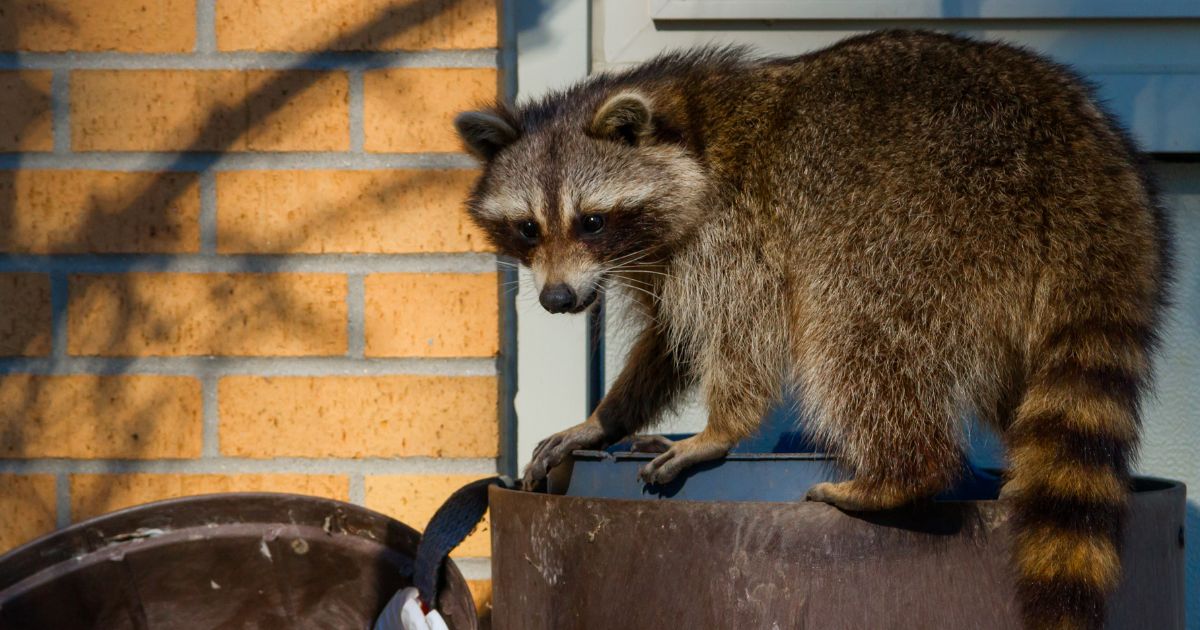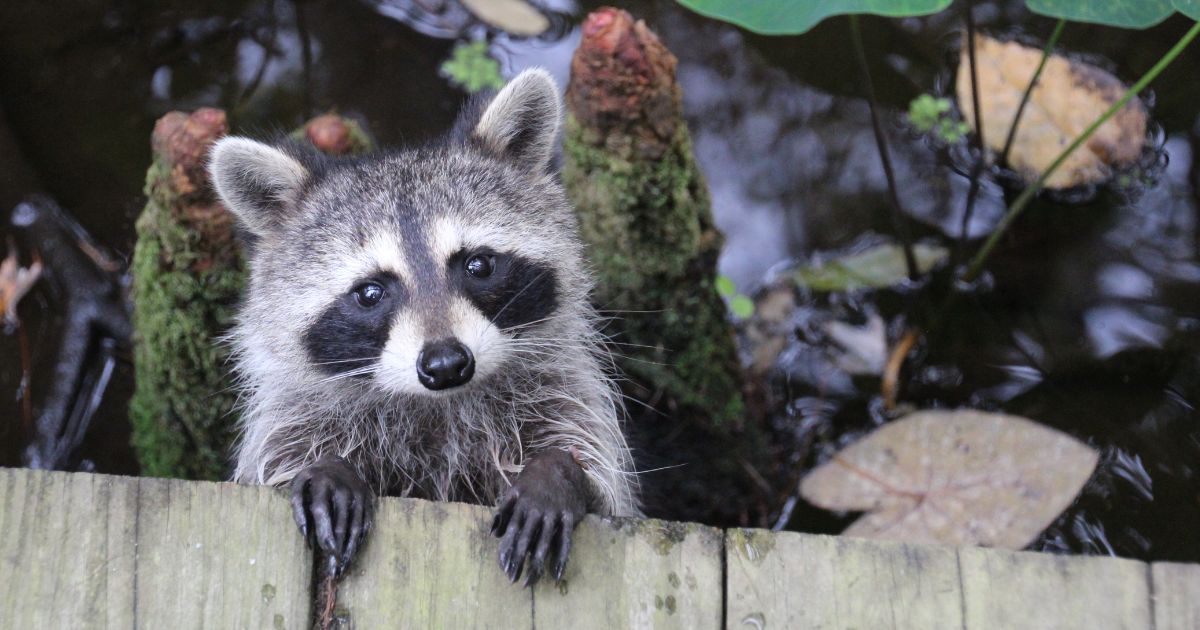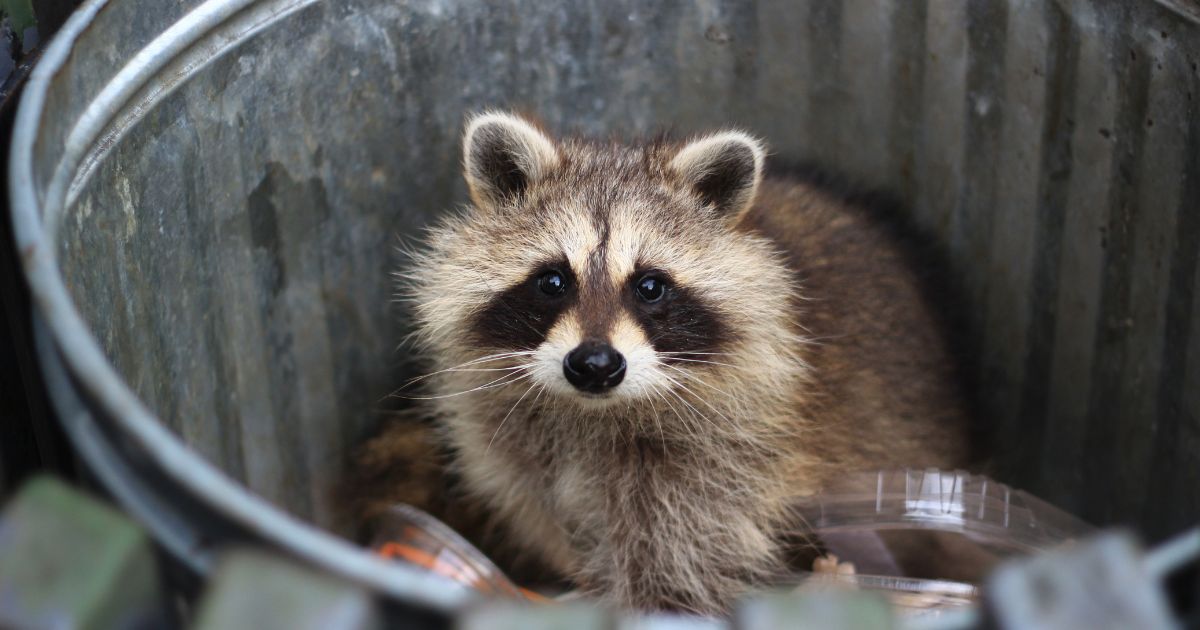
Raccoons in urban areas can be a significant nuisance, often searching for food in trash cans or nesting in attics. Effective raccoon removal methods not only protect your property but also ensure a healthier environment for your community. Understanding their behavior is key to preventing conflicts and managing populations in cities.
When dealing with raccoon issues, it’s crucial to identify the problem early. Raccoons adapt well to urban settings, finding easy access to food and shelter. Taking timely action can minimize damage and deter these animals from returning.
Employing humane removal techniques and reinforcing your property can successfully reduce raccoon encounters. This blog post will cover practical tips for raccoon removal and prevention, helping you maintain a raccoon-free environment in your neighborhood.
Understanding Urban Raccoon Behavior
Raccoons are adaptable creatures that have learned to thrive in urban environments. The availability of food, shelter, and interaction with people influences their behavior. You will find that understanding these aspects can help manage raccoon-related issues effectively.
Adapting to Urban Environments
Raccoons exhibit remarkable adaptability to urban settings. They are opportunistic feeders, often rummaging through trash cans and dumpsters for food. This behavior is primarily driven by their need for sustenance in areas with scarce natural food sources.
Raccoons have developed a nocturnal lifestyle, which helps them avoid human activity. They are skilled climbers and can access rooftops, attics, and garages, making these places common shelter options. Their ability to navigate human structures enables them to establish safe sleeping spots away from potential threats.
In urban areas, raccoons may also form adaptable social structures, often seen working in groups to locate food sources. These behaviors exemplify their intelligence and resourcefulness in a challenging environment.
Common Urban Areas Frequented by Raccoons
Raccoons are frequently found in several urban locations.
- Residential neighborhoods are prime spots for them, where they explore yards, gardens, and trash bins. They are particularly drawn to places with easy access to food sources.
- Parks and green spaces provide natural habitats within cities. Raccoons often forage for fruits, nuts, and small animals in these areas while seeking shelter in dense vegetation.
- Commercial districts also attract raccoons, especially places with food establishments. They can be seen scavenging around restaurants and grocery stores, taking advantage of discarded food waste.
These areas illustrate how raccoons thrive in urban settings by efficiently utilizing available resources. Understanding their habits can help prevent conflicts and ensure a balance between wildlife and urban development.
Strategies for Raccoon Removal in Cities

Addressing raccoon issues requires a combination of preventive measures and professional solutions. Implementing effective strategies can minimize raccoon encounters and ensure urban environments remain safe and clean.
Preventive Measures and Sanitation
Focus on preventive measures to deter raccoons from urban areas in McKinney. Start by securing trash bins with raccoon-proof lids. Ensure that food waste is not accessible. Keep yard debris and fallen fruits cleaned up, as these can attract raccoons.
Next, close off potential entry points. Seal gaps in attics and basements to prevent entry into homes or businesses. Installing motion-activated lights can also disrupt raccoons’ nocturnal habits.
Local ordinances may provide guidelines for proper waste disposal and property maintenance. Educating the community about responsible pet food storage and composting practices is critical in keeping raccoons at bay.
Professional Raccoon Control Solutions
If preventive measures fail, consider hiring a professional raccoon removal service. They have expertise in safely trapping and relocating raccoons according to local regulations.
When selecting a service, look for those with licensing and positive reviews. A thorough inspection will ensure they assess your property for potential attractants and entry points.
Professionals often use humane traps and can provide guidance on how to reinforce your property against future invasions. They may also educate you on behavioral patterns to improve your awareness.
Relying on trained experts can ensure a comprehensive approach to raccoon removal tailored to urban settings, enhancing effectiveness and compliance with local laws.
Legal and Ethical Considerations
When dealing with raccoon removal in urban areas, it’s crucial to understand the legal framework governing wildlife control. Regulations can vary by state and municipality. In McKinney, local laws may dictate specific methods for handling raccoons.
Licensing and permits are often required for wildlife control operators. Ensure that the person or company you hire has the proper certifications. This will protect you legally and ensure that humane practices are followed.
You must consider the ethical treatment of raccoons. The use of traps should comply with humane standards, and animals should not face unnecessary suffering.
Additionally, relocating raccoons may have legal implications. Many jurisdictions prohibit relocation without a special permit to prevent the spread of diseases and ensure that animals are not placed in unfamiliar territories.
Awareness of local wildlife organizations can help guide your decisions. They often provide resources on humane removal practices. Engaging with these entities can promote community awareness and responsible wildlife management.
Being informed about legal and ethical considerations contributes to a balanced approach to urban wildlife control. This ensures that the safety of the environment and the welfare of raccoons are prioritized.
Long-Term Management and Coexistence
Sustainable raccoon management in urban areas requires a balanced approach that promotes coexistence. Engaging the community and utilizing innovative control methods can create a harmonious environment for residents and raccoons.
Community Involvement and Public Education
Community involvement is crucial for effective raccoon management. You can organize local workshops to educate residents about raccoon behavior and prevention strategies. Topics may include proper waste management and landscaping tips to deter raccoons.
Key strategies include:
- Secure Garbage: Use raccoon-proof bins or store trash indoors.
- Eliminate Food Sources: Don’t leave pet food outside; harvest ripe fruit from trees promptly.
- Community Patrols: Form groups to monitor raccoon activity and report concerns.
Educating the public fosters shared responsibility and encourages proactive measures. You can distribute flyers or utilize social media to spread awareness, ensuring everyone understands the importance of keeping urban areas raccoon-free.
Innovative Urban Raccoon Control Solutions
Implementing innovative control solutions can significantly improve urban raccoon management. You might explore options such as using deterrent systems. These include lights and noise devices that discourage raccoons from entering specific areas.
Other methods involve:
- Trapping and Relocation: Work with wildlife control experts for humane trapping.
- Fencing and Barriers: Installing tall fences can prevent raccoons from accessing yards.
Investing in technology, like motion-activated sprinklers, can also deter raccoons from residential properties. Considering these innovative solutions, you can help maintain a safer urban environment while promoting coexistence with wildlife.
Calling The Pros to Handle Raccoons

When raccoons invade urban areas, your first thought may be to handle it yourself. However, professional help is often the best option.
Wildlife control experts use advanced urban wildlife control technology to effectively and humanely address raccoon issues. These specialists understand local regulations and the safest removal methods.
Key Benefits of Professional Raccoon Removal:
- Safety: Professionals are trained to handle potentially dangerous situations.
- Knowledge: They can assess your property for entry points and prevent future access.
- Efficiency: Using the right tools and techniques, they remove raccoons quickly.
Attempting DIY removal can lead to complications, including legal issues, unsafe situations, or injuries. Professionals can provide a comprehensive approach that minimizes risk and maximizes success.
Critter Stop is a reputable and experienced wildlife removal company. They use humane methods and are known for their exceptional customer service. Call Critter Stop at (214) 234-2616 for a free inspection. Their fantastic reputation and positive customer reviews reflect their commitment to high-quality work.
Calling the pros ensures the problem is handled professionally and efficiently, giving you peace of mind.
